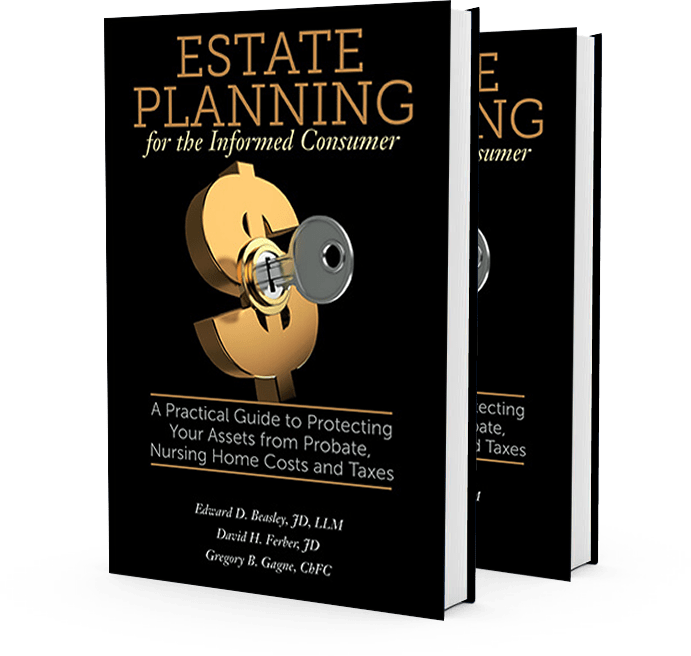A no-contest provision in a will or trust prevents you, if you are a beneficiary, from challenging the will simply because you believe it is not fair, and you should have gotten more of the decedent’s assets than what the decedent left to you.
When there is a no-contest clause, if you challenge the will or trust and lose, you will get nothing unless the no-contest clause allows you to receive a lesser amount if you contest the will.
Enforceability of a No-Contest Clause
A no-contest provision will be enforced according to the express terms as it is articulated in the will or trust document. There are two separate New Hampshire statutes, one applying to such clauses in a trust document, and another applying to such clauses in a will.
The statutes are nearly identical in their enforceability and non-enforceability of a no-contest clause. Massachusetts law concerning no-contest provisions in wills and trusts is almost identical to New Hampshire’s.
It won’t matter whether your challenge is made in good faith, or if you believe you have probable cause for the challenge. If the will or trust documents are valid, the no-contest clause will be enforced exactly as it is written.
Unenforceability of a No-Contest Clause
If you can prove any of the following, the no-contest clause will not be enforced:
- The will or trust is invalid because it was written due to fraud, duress, or undue influence.
- The testator (one who wrote the documents) lacked testamentary capacity. Meaning that person was not of sound mind at the time the documents were written, or that person was under the age of 18 when the documents were written.
- The trustee, or any other fiduciary, has breached their fiduciary duty.
- If you join in any action brought by the trustee or other fiduciary, as long as that person is not the beneficiary named in the no-contest provision, you will not be penalized.
- If you join with all beneficiaries and agree to settle any other matter relevant to the trust or will.
- You make a motion, or there is any proceeding to determine whether if you take the action you are considering taking, will that action constitute a contest within the meaning of the no-contest provision.
- You bring an action for interpretation of the trust or will.
There may be other situations where a challenge to the documents may be allowed even under the no-contest provision. If you are considering challenging a will or trust that has a no-contest provision, you need to first consult with experienced estate planning attorneys at Beasley and Ferber who will help you understand what you are risking if you decide to make that challenge.
Contact Beasley & Ferber for Assistance
You should also make an appointment with us at Beasley & Ferber if you want to include a no-contest provision in your will or trust. We are here to help and will discuss with you the benefits of including such a provision in your estate planning documents.
If you determine such a clause is needed, we will draft your documents for you so that your will and trust will be free from challenges and your wishes will be carried out as articulated in your estate planning documents.














